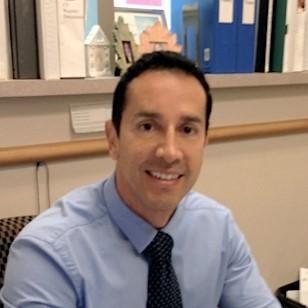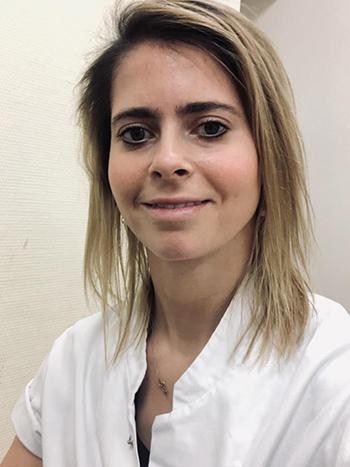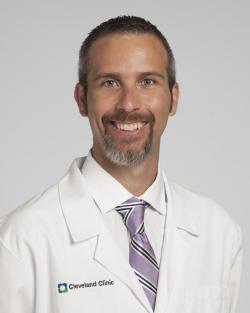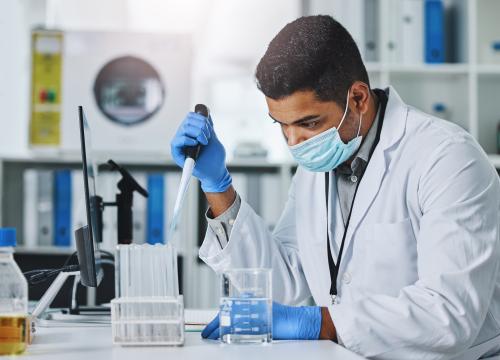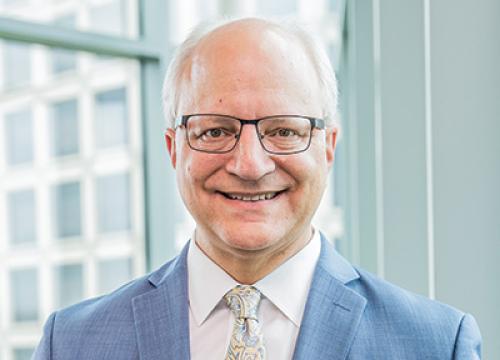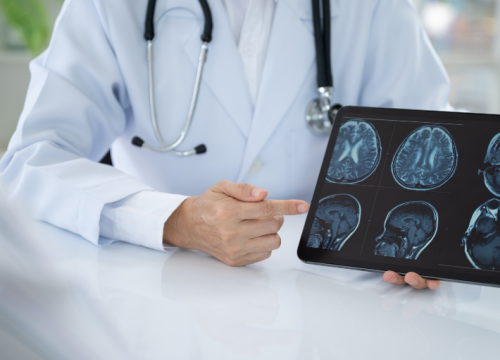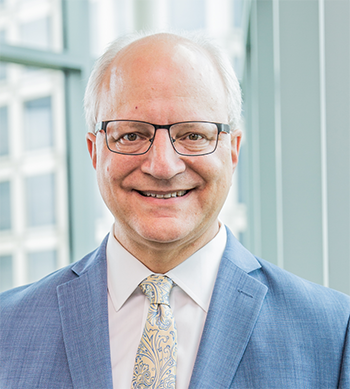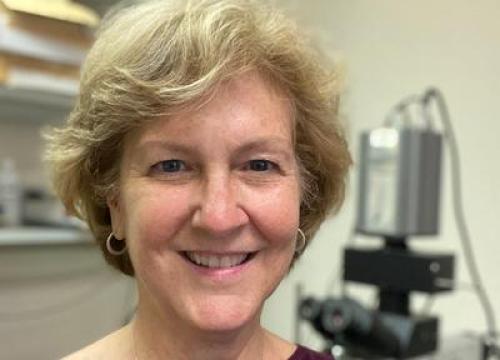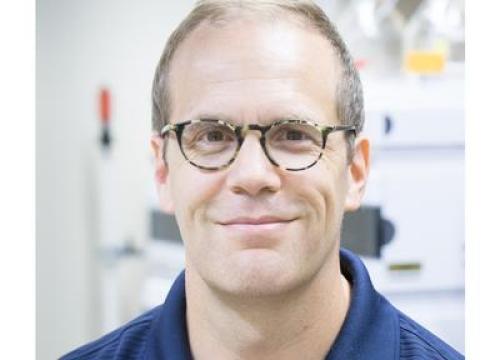Episode 32: The Development of the Parkinson’s Outcomes Project
The mission of the Parkinson’s Foundation is to improve the lives of people with Parkinson’s disease (PD). Since each person’s experience with PD is unique, a wide range of factors must be evaluated to learn what the most effective treatments are, who can best benefit from each treatment or intervention, and how to help caregivers. Thus, the groundbreaking Parkinson’s Outcomes Project was begun in 2009. Through this study, the Parkinson’s Foundation’s Centers of Excellence track and monitor their care of people with PD over time, from the newly-diagnosed to people who have been living with PD for 20 or more years to develop a comprehensive view of the disease and its impact on people’s lives. The results are shared with health professionals to promote the best possible care for all people with PD.
Released: July 3, 2018
Want more?
Don't forget to subscribe! There are many ways to listen: Apple Podcasts, TuneIn (Amazon Echo), Spotify or RSS Feed. (Need help subscribing? See our quick guide.)
For all of our Substantial Matters podcast episodes, visit Parkinson.org/Podcast.
